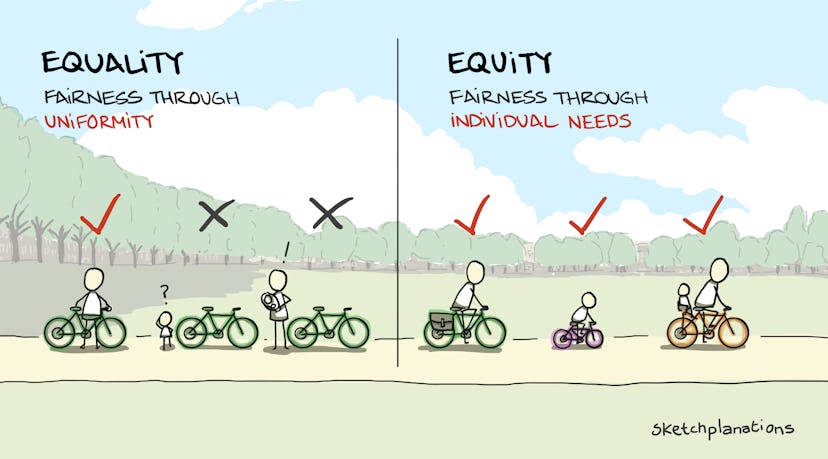It’s a common question for small nonprofits: if one of our board members has the skills we need, can we pay them to also serve as our executive director, consultant, or contractor?
The short answer is yes — but with important safeguards.
- Separate roles: Payment cannot be for the person’s work as a director. Board service itself is almost always expected to be voluntary. But if a director is also providing staff or contractor services — for example, serving as CEO, bookkeeper, or program manager — they may be compensated for that work.
- Conflict-of-interest rules apply: The director must not participate in board discussions or votes about their own hiring, compensation, or contract. The rest of the board should handle those decisions independently.
- Document everything: Board minutes should record the disclosure of the dual role, the director’s recusal, and the process the board used to determine that compensation is fair and reasonable. Looking at comparable salaries or fees in your area helps show the board acted responsibly.
- Think about optics: Even if legal, paying a board member can raise questions from funders or the community. Transparency, clear communication, and good governance practices go a long way toward building trust.
✔ Bottom line: Your nonprofit can pay a director for separate staff or consultant work, but you need to handle conflicts of interest carefully and document the process. Done right, it’s both legal and acceptable.
⚖ Employment law caveat: In addition to nonprofit governance rules, standard employment laws still apply. For example, in California it’s often difficult to classify someone as an independent contractor if they are carrying out core functions of the organization. In many cases, paying a director for staff-level work must be done through regular payroll as an employee, with all the usual tax and labor law compliance.
This article is provided for general educational purposes only and is not legal advice. For specific guidance, consult with a qualified attorney or HR professional familiar with your organization’s circumstances.

Find Us On Social Media: